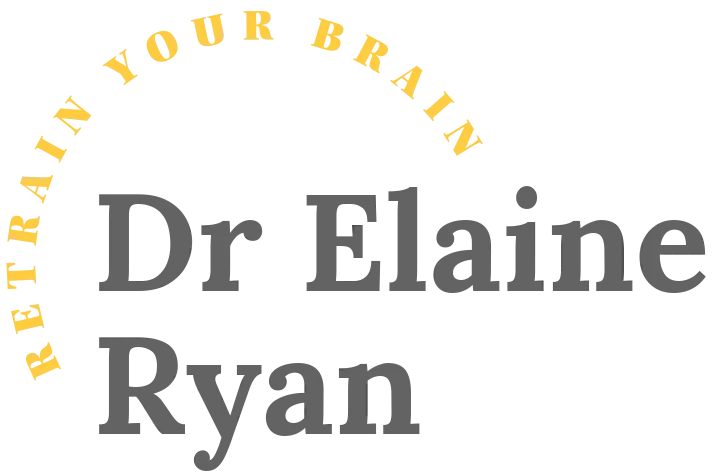A relationship is any connection between two or more people. Typically, people think of romantic relationships when they hear the word ‘relationship’; indeed, this is what I help people with the most; for example
- Relationship OCD
- Couples counselling
but it is important to note that relationships are not just romantic.
Types of relationships
Relationships with friends
These types of relationships change as we grow and mature. Look at any four-year-old, and if you ask them about the person they are playing with, they will likely tell you that they are their friend, maybe even their best friend, even though they just met at the park.
It’s still a relationship as there is a connection, and play is shared, but quite different from the relationship you develop with friends as you age. These can start from a shared interest or proximity, such as being in the same class at school, but grow as trust and respect deepens.
Family relationships
Various relationships exist within a family
parent – which may also be a romantic relationship
parent to child
relationships amongst siblings
Work relationships
We also form relationships with the people we work with. Like all relationships, this can be good and bad. I often work with people their manager has referred to help them interact better with other team members.
Romantic relationships
A romantic relationship is characterized by strong feelings of love and attraction between two people. Romantic relationships usually start with strong feelings of passion, but over time, those feelings tend to lessen in strength, and emotional intimacy and understanding grow. Also, relationships are often exclusive, meaning members are devoted to only one another romantically and sexually.
Relationship with yourself
And lastly, I want to talk about your relationship with yourself. All of the above relationships take time and commitment if they are to flourish, and if problematic, they can change if people can look at how they behave in relationships.
People enter counselling to help with communication in relationships, learn how to express more negative emotions without hurt and get their needs met. However, many of us, including myself, do not nurture our relationship with ourselves.
It is just recently that I looked at my relationship with myself. I have always cared about people and enjoyed a caring role, hence my lifelong psychology career. But recently, I have seen how I poured myself into romantic relationships, often (well, always) at the expense of my needs.
When I look back, I can see times when the idea of a relationship trumped the actual relationship I was in, which led to many poor decisions in life.
Living alone again in my fifties, I enjoy developing a relationship with myself. I have decades of experience caring for someone, but now I direct this toward myself.
It might be simple things like ironing my duvet cover, just for me and getting into the habit of setting a nice table for myself. I am now doing anything that I would have done to care for a romantic partner for myself.
Developing this relationship also focuses on prioritising my health. Currently, I am working on getting the best quality sleep I can.
All of this self-care I am directing toward myself is the beginning of a healthy relationship with myself. When relationships are healthy, people flourish, but often the relationships in our life can become problematic, which is when I see people coming for therapy.
Mental health can affect your relationship with yourself and also your relationship with others.
Problems can arise from within yourself, such as having difficulty expressing emotions, or if you suffer from anxiety or depression or a type of OCD that negatively affects your relationship (ROCD). The kind of attachment style you have as an adult also has a direct impact on your ability to relate to others.
Relationship problems can also be external to you. You might be in an abusive or toxic relationship.
You can read more about the external factors of relationships in the following posts.
Emotional abuse
Narcissistic abuse
Gaslighting
Stonewalling
Relationship anxiety
Relationship OCD
